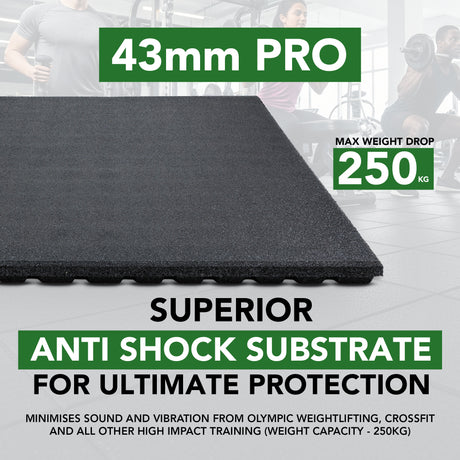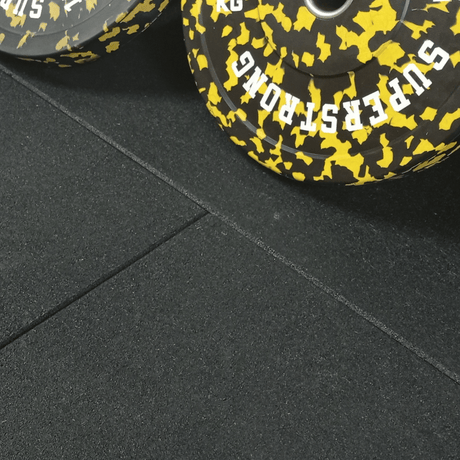Imagine standing at the edge of a pool, heart pounding, knowing the man beside you is just as fast, just as driven, just as obsessed with gold as you are. That was the electric backdrop of one of swimming’s most legendary rivalries: Ian Thorpe vs. Pieter van den Hoogenband.
Two icons. One lane. A battle that went far beyond medals.
The Torpedo Meets the Dutch Rocket

By the late 1990s, Ian Thorpe wasn’t just Australia's next big thing—he was the thing. Towering and powerful, he exploded onto the scene at 14, smashing records and expectations with that unmistakable, loping freestyle. They called him "The Thorpedo" for a reason—his combination of stamina and speed was unlike anything the sport had seen.
Meanwhile, in the Netherlands, Pieter van den Hoogenband was quietly perfecting the art of sprinting. Nicknamed the “Dutch Rocket,” he brought precision, rhythm, and ruthless pacing. If Thorpe was all power and rhythm, Hoogie (as fans called him) was a scalpel—smooth, sharp, and surgical.
Their clash was inevitable.
Sydney 2000: The Perfect Storm

The 2000 Olympics were Thorpe’s home Games. Every Australian fan had circled the men’s 200m freestyle final on their calendar. It was Thorpe’s race. His pool. His moment.
But van den Hoogenband had other ideas.
On September 15th, 2000, the Sydney Olympic Aquatic Centre was buzzing with tension. Thousands filled the stands, millions tuned in around the world. Australia watched Thorpe. Europe watched van den Hoogenband. Everyone else? Just watched, breathless.
Stroke for Stroke: A Battle in the Water

The buzzer sounded. Thorpe launched forward like a torpedo fired from a submarine—explosive and dominant. But van den Hoogenband stayed right there. No flinch. No falter.
-
50m: Dead even.
-
100m: Thorpe edges ahead.
-
150m: Stroke for stroke. Breath for breath. Two gladiators locked in aquatic combat.
It wasn’t just a race. It was theatre. It was chess. It was war.
The Final 50: Power vs Precision

Thorpe found another gear in the final 50 metres—a monstrous kick powered by years of training and raw national pride. Van den Hoogenband didn’t back down. He clawed. He surged. He refused to be dropped.
But the final touch belonged to Thorpe.
1:45.32. Gold.
Van den Hoogenband finished just behind—silver, but nothing short of heroic.
Respect Forged in Competition

When it was over, there was no trash talk. No cold shoulder. Just an embrace that spoke volumes.
In that hug, you saw respect. You saw two men who knew they had just made each other better. In a sport often defined by solitary pursuit, this was mutual elevation—two rivals pushing one another to the absolute limit.
Thorpe later said:
“It was the toughest race I’ve ever swum—and one of the proudest.”
More Than a Medal

That race changed swimming.
It influenced how coaches designed training blocks. It sparked innovations in pacing strategies. It even accelerated the evolution of tech suits and body positioning. Thorpe vs. van den Hoogenband became a case study in greatness—two opposing styles colliding in perfect balance.
Their rivalry was so compelling, it became the blueprint for modern elite swimming.
The Beauty in the Battle

Not every sports story is about victory. Some are about the battle itself—the rise of two athletes so talented, so relentless, that the result becomes secondary to the showdown.
That’s what this was. Not just a swim. A symphony of athletic excellence. And a reminder that sometimes, gold isn't the only prize—sometimes, it’s the push, the chase, the respect.
A Legacy That Still Echoes

Ian Thorpe and Pieter van den Hoogenband didn’t just race. They redefined what was possible. Their rivalry wasn’t bitter—it was beautiful. And it proved that the best competition brings out not just the fastest swimmers, but the greatest versions of ourselves.
They didn’t just leave ripples in the pool.
They left a legacy.
🧢💦































